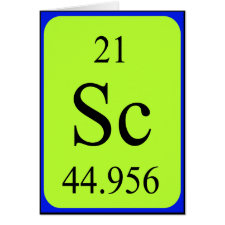
Authors: Zhang WL, Qu Q, Zhu YZ, Pan JM, Wei X, Dai JD, Guan W
Article Title: Novel surface molecularly imprinted polymers as solid-phase extraction sorbents for selective extraction of dihydroxybenzenes from environmental water samples.
Publication date: 2013
Journal: Fresenius Environmental Bulletin
Volume: 22
Issue: (8)
Page numbers: 2324-2333.
Abstract: The novel surface molecularly imprinted polymer (MIP) with hydroquinone (HQ) as the template has been prepared and used as adsorbent for the solid-phase extraction (SPE). The selectivity of the polymer was checked towards several selected dihydroxybenzenes, such as HQ, catechol (CT) and resorcinol (RS). Under the optimized conditions, high sensitivity was achieved. Then, the method was applied to the analysis of selected phenols in spiked tap, lake and river water samples. High recoveries (> 87.9%) for dihydroxybenzenes were obtained, and the method was found to be linear in the range 0.25-1000 ng ml-1 with correlation coefficients (R2) greater than 0.99, and repeatability relative standard deviation (RSD) below 6.2% in all cases. For analysis of 200 ml water samples, the method's detection limits (LODs) ranged from 0.028 to 0.053 ng ml-1, and the limit of quantification (LOQs) from 0.093 to 0.178 ng ml-1. These results showed the suitability of the MIP-SPE method for the selective extraction of a group of structurally related isomeric compounds. © by PSP
Template and target information: hydroquinone, HQ, dihydroxybenzenes, catechol, CT, resorcinol, RS
Author keywords: Dihydroxybenzenes, high performance liquid chromatography, Solid-phase extraction, surface molecularly imprinted polymers, water samples



Join the Society for Molecular Imprinting

New items RSS feed
Sign-up for e-mail updates:
Choose between receiving an occasional newsletter or more frequent e-mail alerts.
Click here to go to the sign-up page.
Is your name elemental or peptidic? Enter your name and find out by clicking either of the buttons below!
Other products you may like:
 MIPdatabase
MIPdatabase









